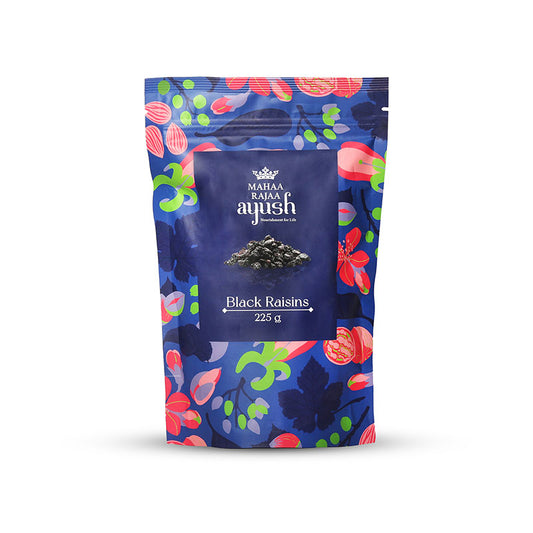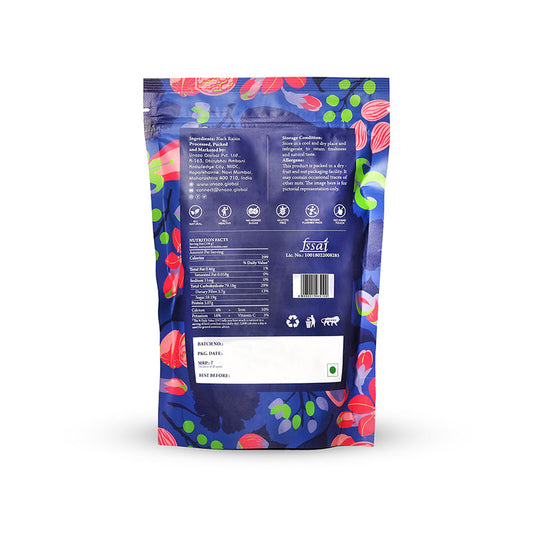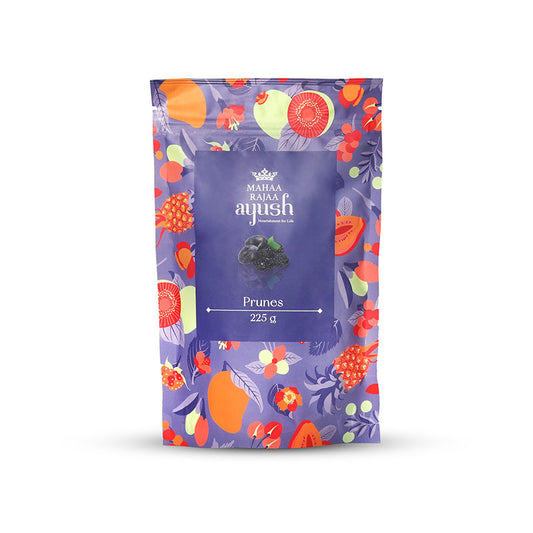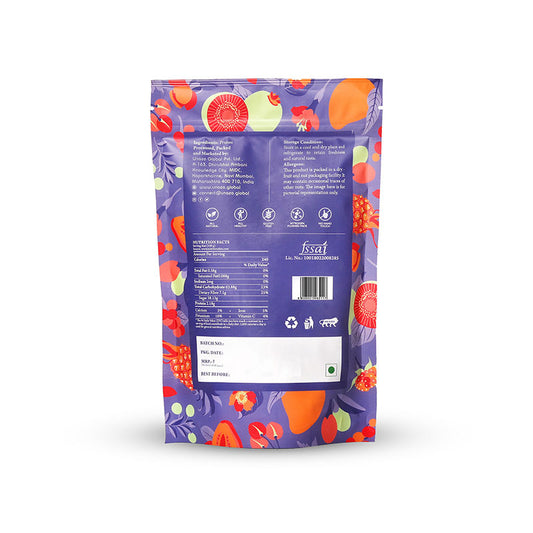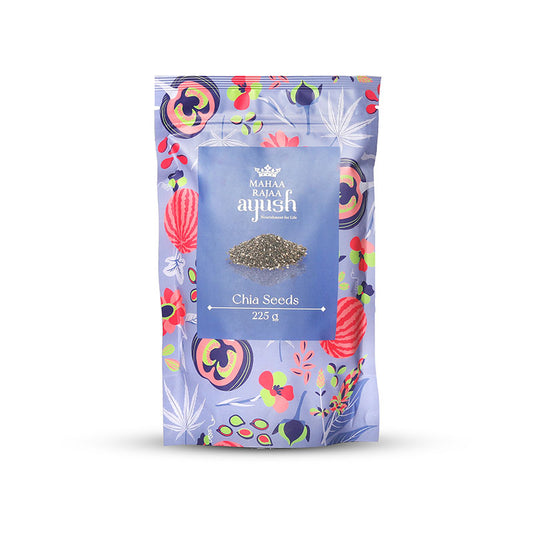Introduction
Raisins, those tiny, sun-dried grapes, may seem unassuming, but they pack a punch when it comes to health benefits. These naturally sweet and nutritious snacks have been a staple in many cultures for centuries. Whether enjoyed on their own, added to trail mixes, or incorporated into various dishes, raisins offer a range of advantages that contribute to a healthier lifestyle. In this blog, we'll explore why raisins are good for you and why you should consider including them in your diet.
Nutrient-Rich Powerhouses
1. Raisins: are a concentrated source of essential nutrients, making them an excellent addition to your diet. They are particularly rich in vitamins, minerals, and dietary fiber. Here are some of the key nutrients found in raisins:
2. Vitamins: Raisins are a good source of several vitamins, including vitamin C, vitamin K, and various B vitamins. Vitamin C is essential for immune health, while vitamin K is important for blood clotting and bone health.
3. Minerals: Raisins contain minerals such as potassium, iron, and calcium. Potassium helps regulate blood pressure, iron aids in the formation of red blood cells, and calcium is vital for strong bones and teeth.
4. Fiber: Raisins are loaded with dietary fiber, which supports digestion and helps maintain regular bowel movements. Fiber also contributes to a feeling of fullness, which can assist in weight management.
Natural Energy Boost
If you need a quick energy fix without resorting to processed snacks or sugary beverages, raisins are a fantastic choice. The natural sugars found in raisins, such as glucose and fructose, provide a rapid source of energy, making them a popular choice among athletes and hikers. Their high carbohydrate content, combined with fiber and small amounts of protein, offers sustained energy without the crash associated with refined sugars.
Antioxidant Properties
Raisins are packed with antioxidants, including phenolic compounds and flavonoids. These antioxidants help combat oxidative stress in the body, which can lead to chronic diseases and aging. Regular consumption of raisins may contribute to improved overall health and a reduced risk of conditions like heart disease and certain types of cancer.
Heart Health
Including raisins in your diet can have a positive impact on heart health. The potassium content in raisins helps regulate blood pressure, reducing the risk of hypertension and related cardiovascular problems. Additionally, the dietary fiber in raisins can lower levels of LDL (bad) cholesterol, further promoting heart health.
Digestive Health
Raisins are known for their natural laxative properties, thanks to their high fiber content. They promote regular bowel movements and can help prevent constipation. The fiber also supports a healthy gut microbiome, contributing to overall digestive well-being.
Weight Management
For those watching their weight, raisins can be a valuable snack option. Their combination of fiber and natural sugars can help control appetite, reducing the likelihood of overeating between meals. Incorporating raisins into your diet in moderation can be a satisfying and nutritious way to curb cravings.
Conclusion
Incorporating raisins into your daily diet can be a simple yet effective way to enhance your overall health. These little dried grapes are nutrient powerhouses, offering vitamins, minerals, antioxidants, and dietary fiber that support various aspects of well-being, from heart health to digestion. Just remember to enjoy them in moderation, as their natural sugars, while healthier than refined sugars, should still be consumed mindfully. So, next time you're looking for a sweet and nutritious snack, reach for a handful of raisins and savor both their taste and health benefits.




